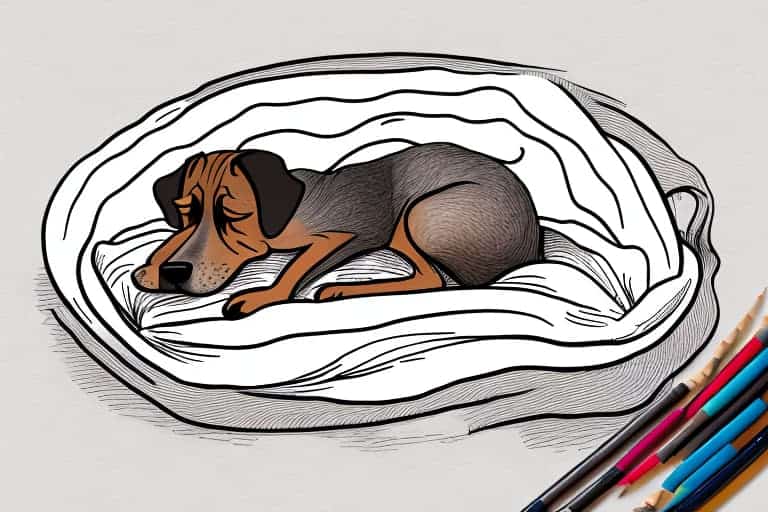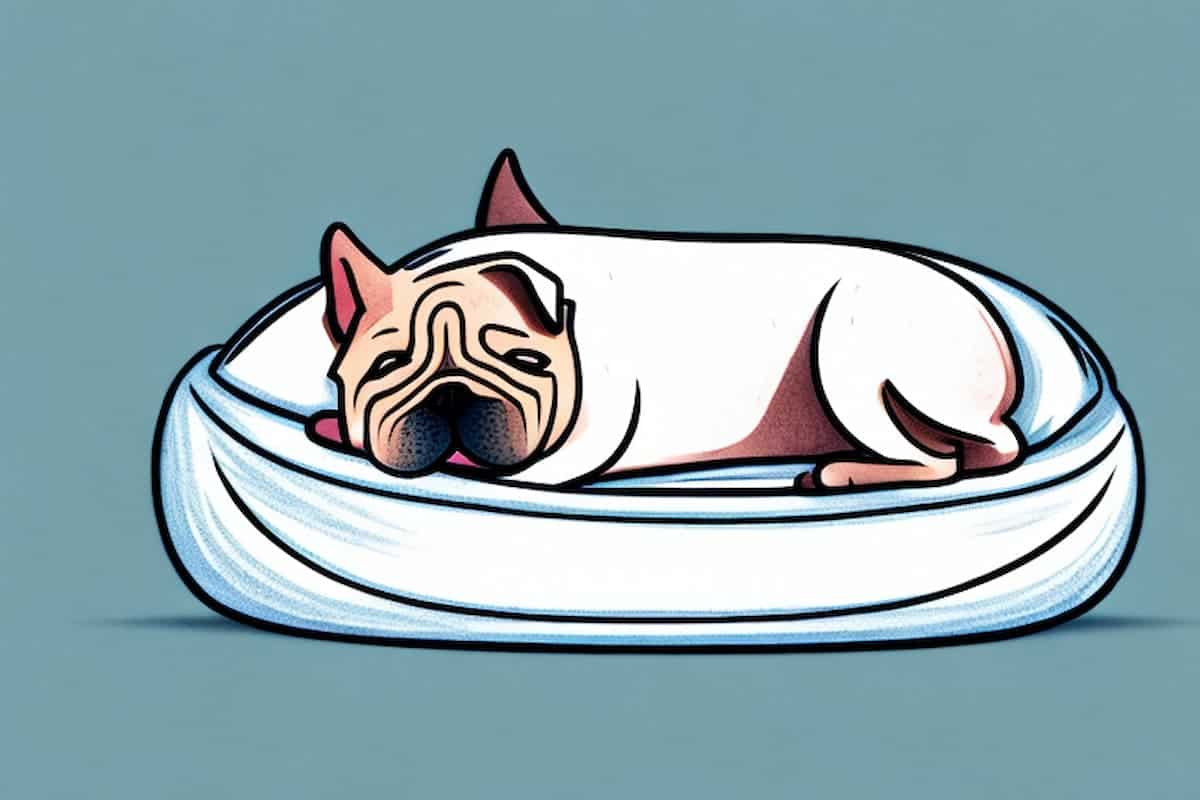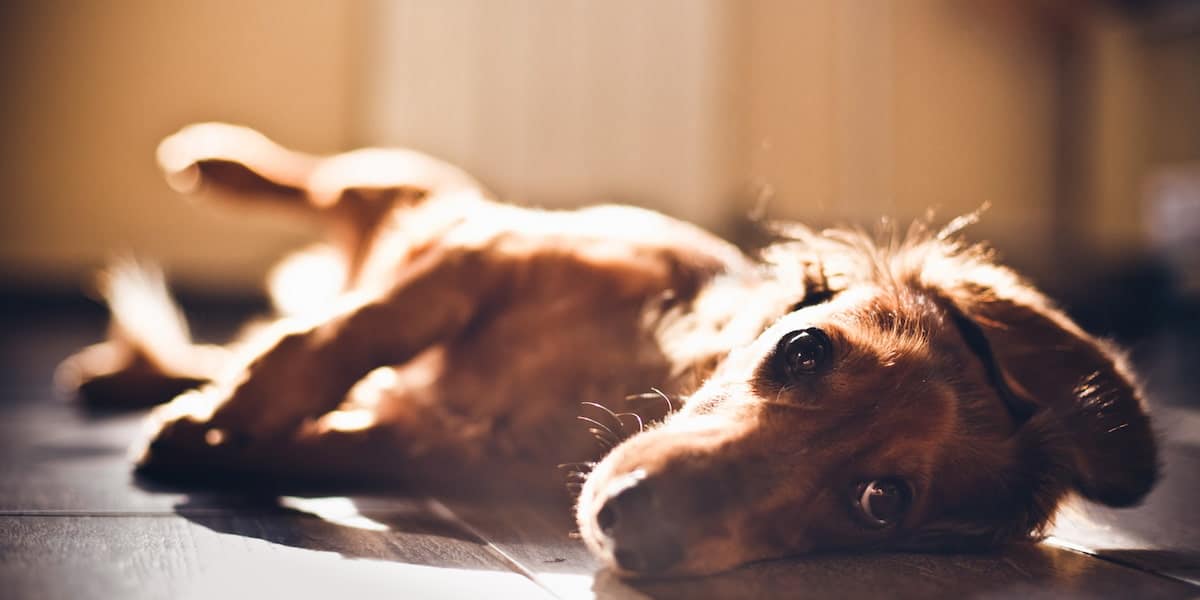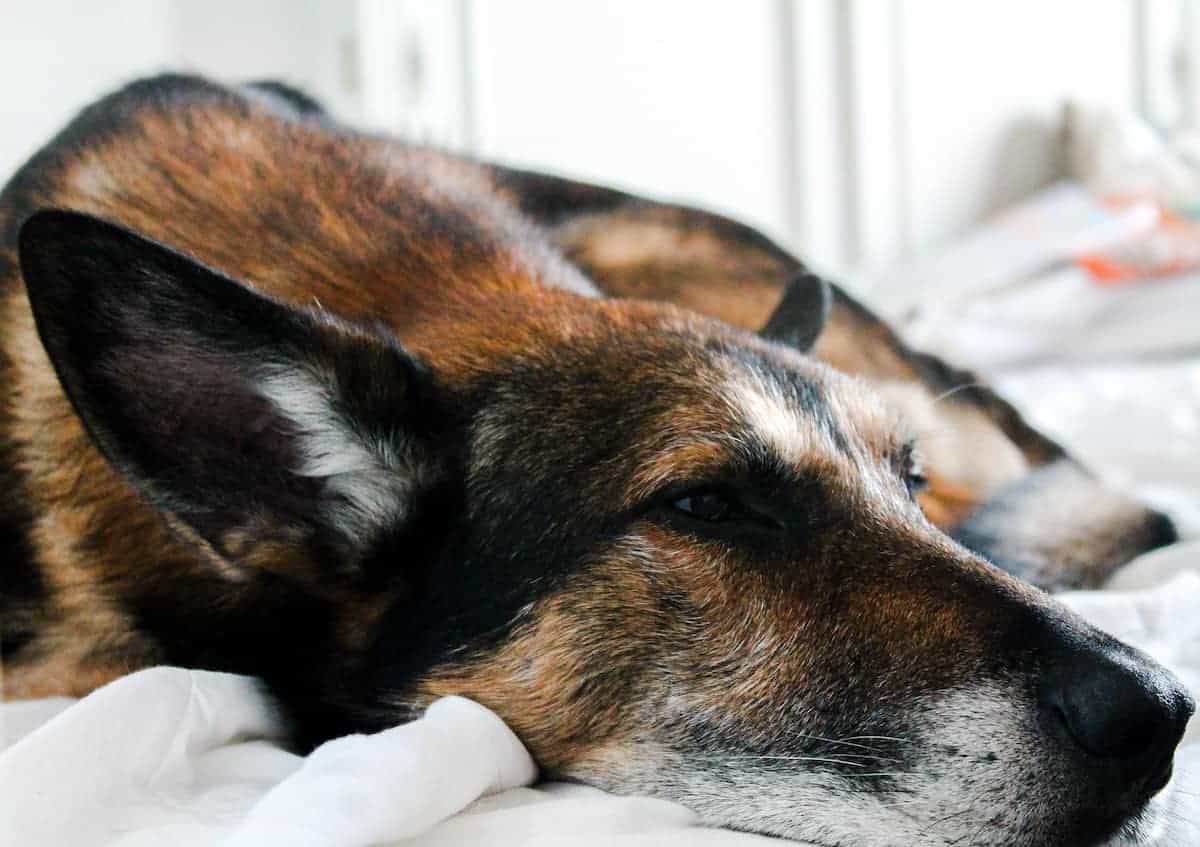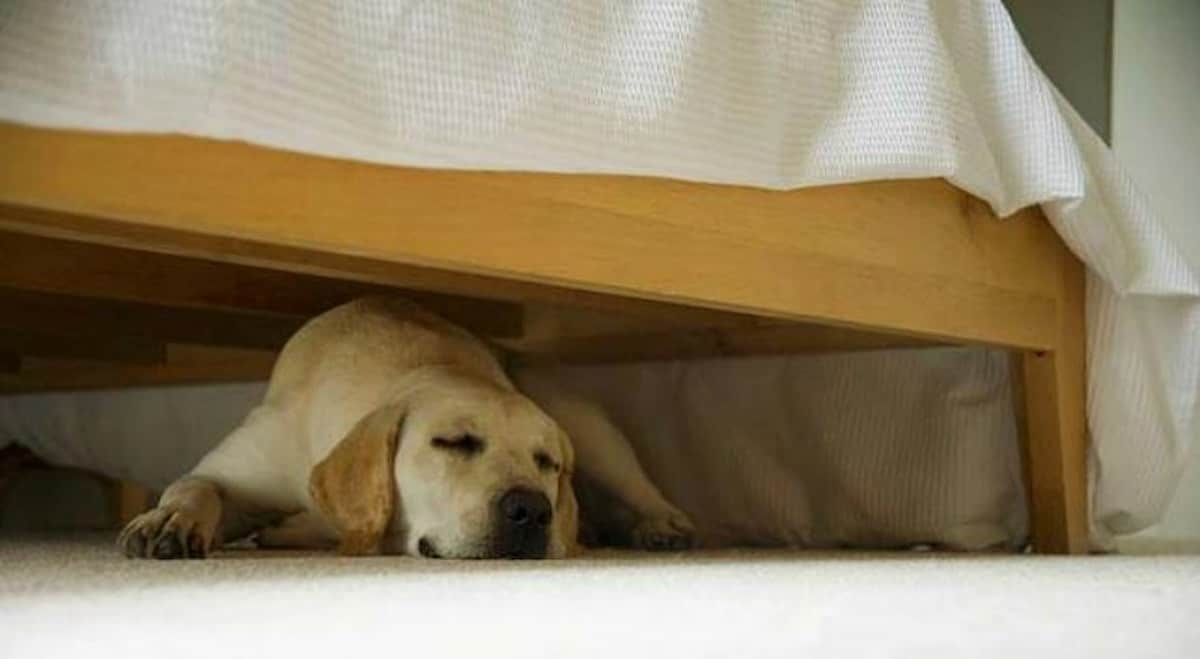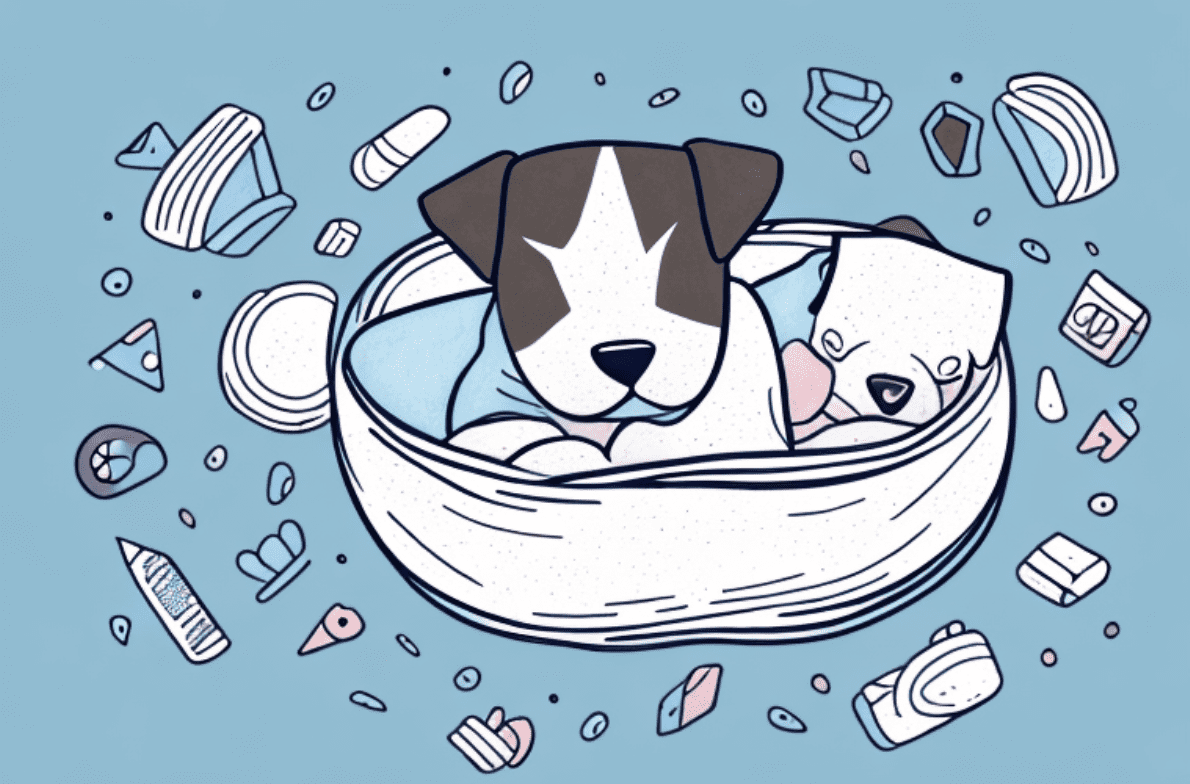Having a pet dog is one of life’s greatest joys, but sometimes these furry friends tend to have some unusual sleeping habits. When it comes to your pet’s sleeping schedule, some people may wonder – do dogs sleep at night? The answer is yes and no – depending on the individual dog and their specific sleeping habits. Let’s dive deeper into the many factors that can affect your dog’s sleeping schedule and provide some helpful tips on improving their sleep quality.
Typical Sleeping Habits for Dogs
Dogs typically sleep for about 12-14 hours each day, sometimes in longer stretches during the night and shorter naps during the day. Dogs are diurnal, which means they are active during the daylight hours and sleep more during the night. Many breeds can also adapt their sleep schedule to their owners’, so they may sleep longer if their owners work through the night.
Generally speaking, most healthy adult dogs will sleep anywhere between 8 and 12 hours during the night and take short naps during the day. Puppies can sleep up to 18-20 hours per day while puppies who are still nursing can even sleep up to 22 hours or so.
Signs of Good Sleep in Dogs
When your furry friend is getting a good night’s rest, it will be easy to tell. Some signs of sleep in dogs include snoring, dreaming, and twitching. If your dog is resting peacefully, there won’t be any signs of agitation or distress.
Generally speaking, good quality sleep will be deep and your dog should look and feel well rested in the morning. Normal behavior throughout the day and signs of alertness are all indications of good quality sleep.
Why Dogs May Not Be Sleeping at Night
Now, let’s explore some of the reasons why your dog might not be sleeping at night. One reason is simply due to age. As dogs age, they may not require as much sleep as they did in younger years. Also, if your dog is sleeping in a space that is uncomfortable or unsafe, it can disrupt their sleep.
Another potential reason why a dog may not be sleeping well is due to changes in diet or nutrition. Senior dogs may become more sensitive to certain foods or drinks – like coffee or sugary snacks – that can disrupt their normal sleeping habits. Lastly, certain medical conditions such as urinary tract infections or joint pain can interfere with restful sleep.
Tips for Improving Your Dog’s Sleep Quality
If you find that your dog is having trouble sleeping at night, there are some ways you can help improve their quality of sleep. One of the most important is to maintain a regular sleep schedule by waking your dog up and putting them to bed at the same time each day. As much as possible, try to stick to the same routine.
Additionally, provide a comfortable and safe environment for your dog when it comes time to sleep. Whether it be a warm cuddly bed or blankets in a corner – make sure your pup has a space that is quiet, peaceful, and away from distractions.
Lastly, pay attention to what your pooch eats prior to bedtime. Make sure you’re providing them with a healthy and nutrient-rich diet with plenty of protein, minerals, and vitamins for energy throughout the day. Of course, water should always be available so your pup stays hydrated.
Potential Health Issues Related to Poor Sleeping Habits
Just like us humans, poor quality sleep can affect a dog’s health. Insufficient rest can lead to impaired cognition and coordination, increased stress and irritability, decreased immunity, lethargy, depression, and other physical illnesses over time.
Therefore, while it’s normal for adults dogs to sleep between 8-12 hours per day and take short naps during the day, if you find that your pup is sleeping more than normal or having difficulty getting to sleep –it may be time to speak with your veterinarian for some advice.
How to Tell If Your Dog Is Getting Enough Sleep
If you’re unsure if your pup is getting enough rest each day, pay attention to their level of energy throughout the day. Generally speaking, if they’re visibly tired or sluggish – they may be overtired or not getting enough sleep.
Also take note of any changes in appetite, drinking habits, and general behavior to help identify how much rest your pup is getting each night. If needed, keep a daily log of these behaviors for a few weeks and then consult with a veterinarian if you notice any inconsistencies in your pup’s sleeping patterns.
Benefits of a Regular Sleep Schedule for Dogs
Sticking to a regular sleep schedule can be beneficial for both human and canine companions as it can help regulate appetite levels, keep stress levels down, provide optimum energy levels throughout the day, and improve overall physical and mental wellbeing.
Additionally, when dogs have regular, restful sleeps it helps maintain joint health, muscle repair and growth, good pulse rate, blood climate control, optimum metabolism, digestion, and hormone regulation.
Other Factors That Can Impact a Dog’s Sleep Quality
In addition to age, diet, and medical conditions – there are other factors that can influence a dog’s sleep quality. The temperature of the room where your pup sleeps should be comfortable – around 65-68 degrees Fahrenheit is ideal. Also note that electric blankets can pose a threat to dogs as they can become overheated quickly.
Lighting can also be an issue as some pets are sensitive to artificial light from TVs or lights from other rooms that penetrate their sleeping quarters.
Common Questions About Dog Sleeping Habits
Lastly, let’s take a look at some common questions related to dog sleeping habits. First – Do dogs really dream? The answer is yes – just like us humans, dogs experience REM (Rapid Eye Movement) cycles during their deep sleeps which indicate dreaming.
Another common question – Is it okay for dogs to sleep with human companions? Experts suggest that you not let your pooch sleep in your bed or bedroom – instead allow them their own comfortable sleeping space away from noise and distractions.
Finally – Do indoor dogs need less sleep than outdoor dogs? Not necessarily. Just like any other breed – the key to optimum health in all dogs rests in having regular sleep patterns and a safe comfortable sleeping space.
By understanding your pup’s individual needs and preferences when it comes to sleeping habits you can ensure they’re feeling their best every day. Remember that all dogs are different – so discuss any concerns or questions you may have with your veterinarian.
